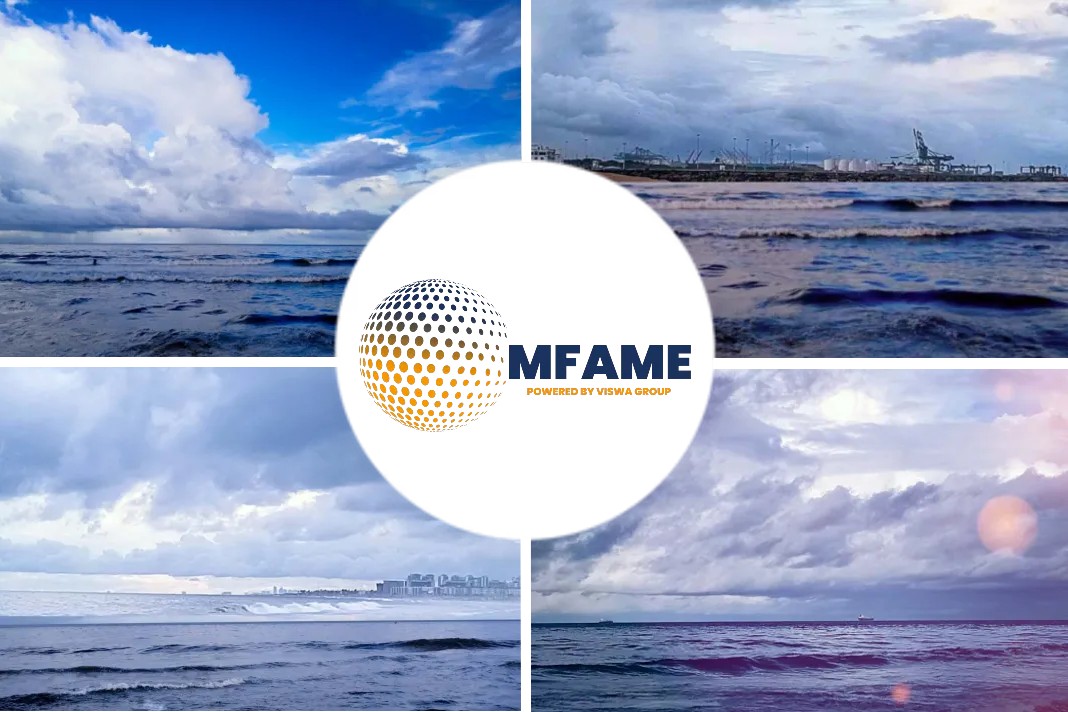- Hapag-Lloyd has signed an agreement to use NCB’s Hazcheck Detect cargo screening tool.
- The tool aims to prevent the improper loading of dangerous cargoes onto vessels.
- Developed by NCB’s Exis Technologies, the software checks cargo booking details for keywords to identify bookings which may contain misdeclared or undeclared dangerous goods.
Hapag-Lloyd has signed an agreement to use NCB’s Hazcheck Detect cargo screening tool to detect misdeclared and undeclared dangerous goods in containers, says an article published on sea trade website.
Aim of this tool
The tool aims to prevent the improper loading of dangerous cargoes onto vessels, thereby improving safety and reducing the occurrence of container fires,
Developed by NCB’s Exis Technologies, the software checks cargo booking details for keywords to identify bookings which may contain misdeclared or undeclared dangerous goods. The tool can also pick up in real time any changes to bookings, declarations, Bills of Lading and shipping instructions.
“The service is interactive allowing non-compliant cargo to be detected within seconds rather than days,” NCB said in a press release.
Existing users of the tool
Existing users of the tool include Maersk and ONE. Ken Rohlmann, Senior Director Dangerous Goods at Hapag-Lloyd said one of the key criteria for adopting the system was to have a common screening system across lines to prevent a cargo rejected by one line being accepted by another. Rohlmann encouraged all other major lines to engage with the service.
Ian Lennard , NCB President said: “Working with container lines like Hapag-Lloyd will help us to further develop the tool using machine learning and AI techniques to enhance the screening processes as part of our not for profit mission, Safety of Life and Cargo at Sea. Data across our Hazcheck tools will help us enhance the screening process using validation results and feedback from container inspections, helping with safety throughout the whole dangerous goods shipping process.”
Rohlmann said: “We have been a strong advocate of this kind of screening approach for some time and are glad to be one of the first companies to adopt this new technology. We are extremely pleased to be working alongside NCB and Exis in this venture and we encourage all other major container lines to engage with the service”.
Did you subscribe to our daily newsletter?
It’s Free! Click here to Subscribe!
Source: sea trade
















